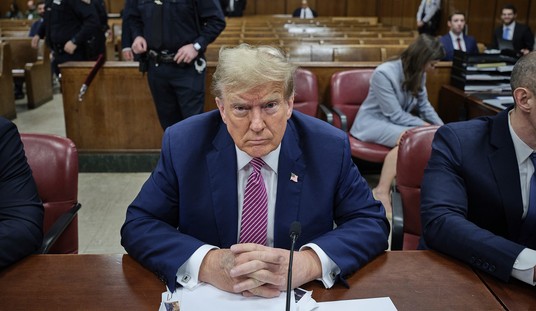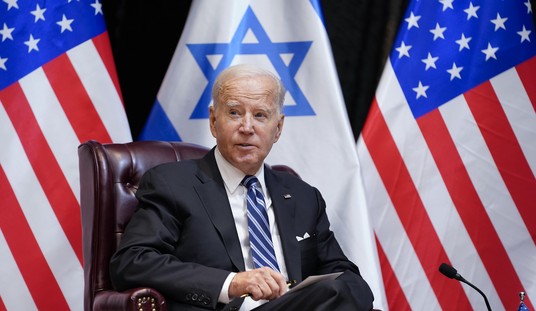The media are never better at displaying their economic illiteracy than when they report on the minimum wage.
"Workers got a raise on Friday when the federal minimum wage was hiked 70 cents to $7.25 an hour," the Christian Science Monitor reported last week. "They'll be shouting, "Olé!"
They assume that if politicians declare that workers should get a raise, they will actually get it. But the idea that government can increase wages by decree with only good consequences rests on a serious economic fallacy: that employers set wages arbitrarily. If wages are very low, it must be that employers are stingy.

Actually, employers are stingy; they want to pay workers as little as possible, just as workers want to be paid as much as possible. But in a market -- even a government-hampered market like ours -- employers' wishes are tempered by the reality of competition. So even if an employer wants to pay workers who produce, say, $4 worth of value an hour only $2 an hour, he won't be able to. Someone else will hire them away for $3 or more.
Some clueless politicians want to "help" workers further by requiring a "living" wage, a minimum well above the national minimum. After all, it's hard to live on $7.50 an hour.
Several years ago, the city council of Santa Monica, Calif., decided to make the town a workers' paradise by passing a union-backed law requiring everyone to be paid at least $12.25 an hour.
At the time, restaurant owner Jeff King complained to me that that law would "dry up the entry-level jobs for just the people they're trying to help."
He was right. It's why gas stations no longer hire teenagers to wash your windshield. Wage minimums tell employers: "Don't give a beginner a chance."
Recommended
Such losses are hard to see, but they are widespread. One company closes because it can't afford to pay higher wages. Another decides to produce its product with fewer workers, and another never expands. Perhaps most importantly, there's the business that never opens. The people who were never hired don't complain -- they wouldn't know whom to blame -- they don't even know that they were harmed. They are the unseen victims.
The good news is that the people of Santa Monica woke up and overturned the "living wage."
The bad news is that more than a hundred other living-wage ordinances have passed.
In Washington, D.C., companies that get $100,000 or more in government contracts are required to pay employees at least $11.75 per hour. In Manchester, Conn., they must pay at least $14.
If minimum-wage advocates really believe wages are set arbitrarily, why do they favor only a $7.50 or $14 minimum? Why not $100?
At those levels, even a diehard interventionist knows that workers would be hurt. But the principle is the same at lower levels. If wages are a function of productivity, not whim, then it follows that if the minimum wage is set above workers' productivity, those workers -- the intended beneficiaries of the legislation -- will be harmed.
The Law of Unintended Consequences strikes again. Well, let me correct that. For some minimum-wage advocates, the bad consequences are not quite unintended. Consider the support for the minimum wage from large companies like Wal-Mart and organized labor. Why do they want the minimum raised? Economist Alex Tabarrok of George Mason University answers, "[T]hese employers will benefit from an increase in the minimum wage because it will raise the costs of their rivals. This is why unions have typically been in favor of the minimum wage even when their own workers make much more than the minimum" ().
Where there's "humanitarian" government intervention, there are politically connected special interests reaping the benefits.
Politicians have tried to defy the market process with minimum-wage and living-wage laws for years. The consequences are never good for the people they claim to want to help. When will we learn what workers need is not meddling politicians but free and competitive markets?
Anyone who truly wants to help workers achieve higher living standards will work to remove all government barriers to peaceful, consensual economic activity.

























Join the conversation as a VIP Member